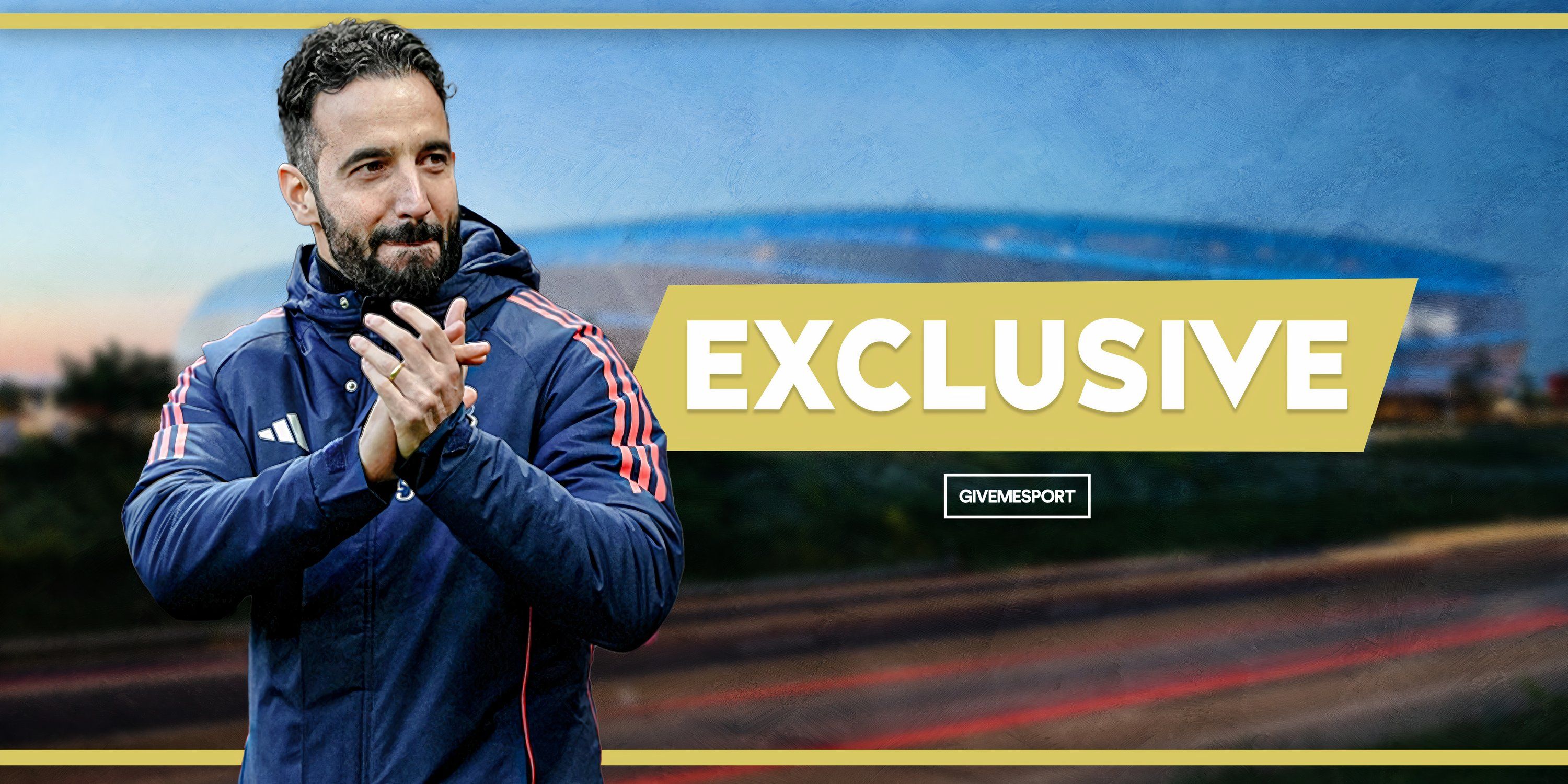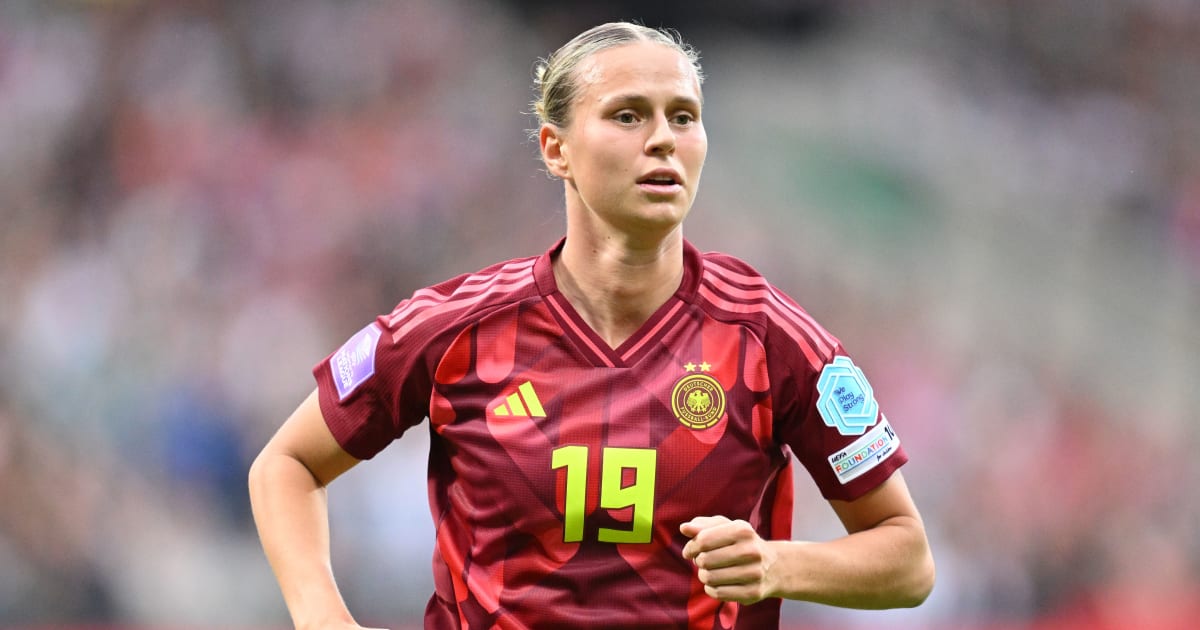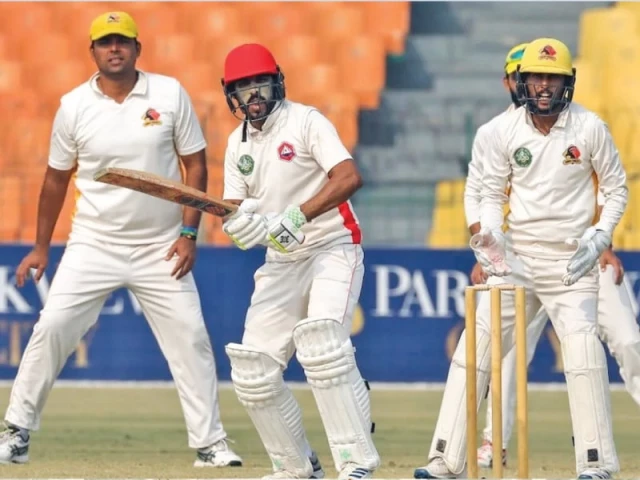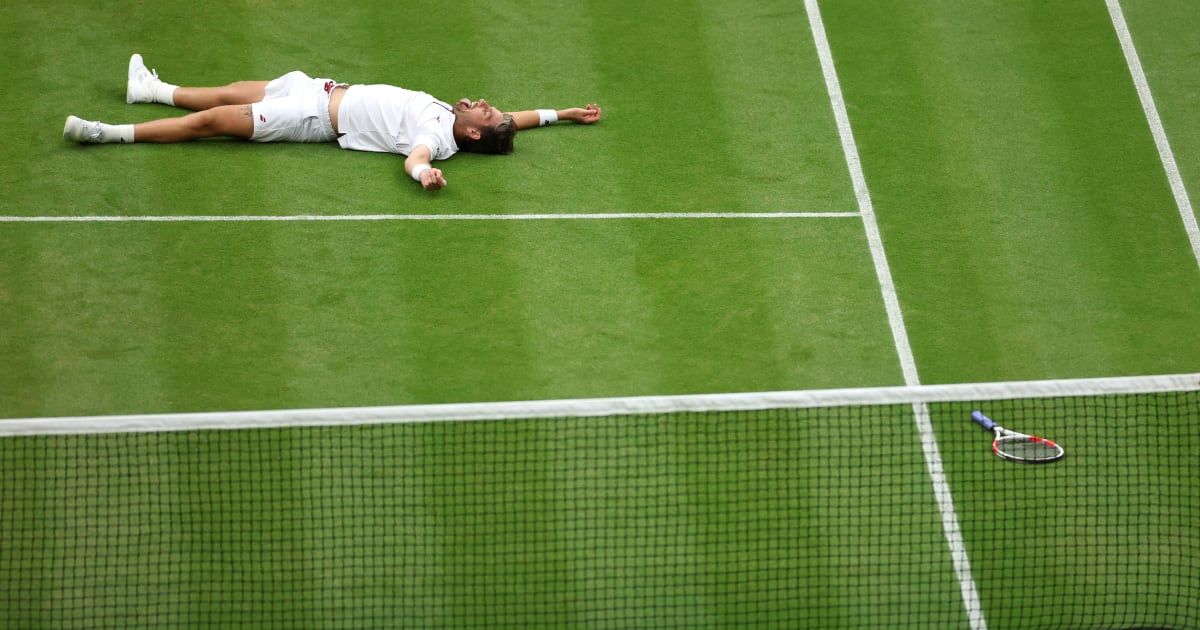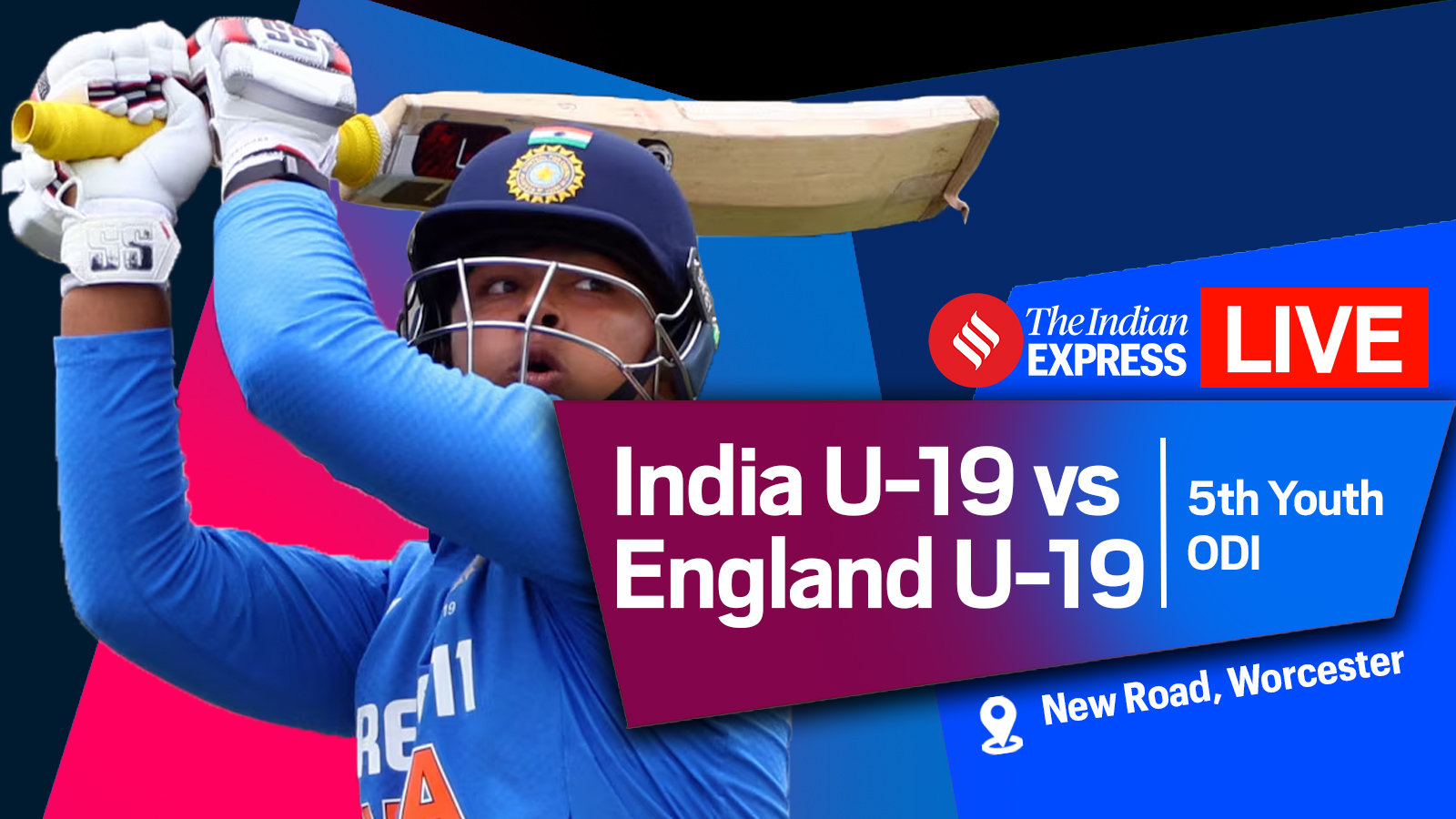How do Tipp and Cork fans get All Ireland hurling final tickets?

Analysis: All you need to know about where those 82,006 tickets for Croke Park go on All Ireland final dayAs we approach the two biggest and busiest days in the GAA calendar, the hunt is on for All Ireland final tickets. With Cork meeting Tipperary in the hurling final and the football finalists to be decided next weekend, more than 160,000 spectators are expected to descend on Croke Park across the two finals weekends this month. 'The All Ireland final is the most coveted ticket of the year,' says Dr Siobhán Doyle, historian, author of A History of the GAA in 100 Objects and a curator at the National Museum of Ireland.But unlike the rest of the season, tickets for the two finals don't go on general sale to the public. So how can you secure your spot at game day? This is how it works.We need your consent to load this flourish contentWe use flourish to manage extra content that can set cookies on your device and collect data about your activity. Please review their details and accept them to load the content.Manage PreferencesEvery year the GAA allocates more than 82,000 tickets to various bodies across the country. Figures from 2024 show over 10,000 of them were earmarked for corporate and premium, while around 12,000 were distributed across smaller entities, like Croke Park Residents, staff, referees, press, overseas groups, camogie, ladies football, and so on. The remaining, and largest, chunk are allocated to supporters through the county boards, with the competing counties receiving the most significant allocations. These are then filtered down to their clubs and subsequently the club members, with clubs offering tickets to members through a draw.It follows that the best chance you can give yourself to nab a golden ticket is by being a GAA member or buying a season ticket at the start of the season. Some might be tempted to argue that tickets to the finals should be put on general sale, but there's a good reason the GAA has stuck to its guns on that front.The GAA will always maintain a grassroots stance of wanting to give back to the people in the clubs and counties, says Doyle. 'We've seen what happens when tickets go on general sale for events that are in huge demand. We've seen the controversy over things like Oasis and the price of tickets, the mayhem and stress that involves.Infographic showing the change in All Ireland Hurling Final ticket prices adjusted for inflation. Source: CSO"You can see both sides for do's and don'ts of general sale, but the GAA would always err on the side of: the All Ireland final day is not just for the two competing counties, it's the whole of Ireland. That's why each club has designated tickets. It's supposed to be a day that’s a celebration, a coming to an end of a successful season that is to be celebrated by everyone across the island,' she says. 'But obviously there’s going to be more demand from the competing counties."The process of trying to get a ticket can be hard and stressful. As a club member, you're at the mercy of the draw and demand typically outstrips the club's allocation. After that, the scramble to ask around to anyone you know begins. On a very rare occasion, like in 2016 and 2019, a small amount might end up on general sale.'From someone that in a previous job has had to deal with a lot of GAA-related queries from the public, there is a lack of understanding of the process of obtaining an All Ireland ticket,' notes Doyle. This is especially true, she says, of counties that are relatively new to All Ireland finals, "counties that are beyond the traditional strongholds that don't qualify as often as, say, Dublin or Kerry in football, or Kilkenny or Tipperary in hurling."Infographic showing the change in All Ireland Football Final ticket prices adjusted for inflation. Source: CSODoyle's advice to anyone desperately looking for a ticket is just let everyone know that you're looking for one. "In some instances, say for example if Tipperary are in a hurling final, you might actually be better off going beyond Tipperary to try get tickets. Contact your cousins in Antrim or contact your work colleagues in Louth, or in Kerry, because there'll be less of a demand for those tickets in clubs than there would be in competing counties.Since the price hike last year, a ticket will set you back €100 for the stands and €55 for the terrace, which is a €10 and €5 increase respectively on 2023 prices. The price increase was the first since 2019 and the second in 14 years. The cost of attending a final has steadily risen over the last three decades.CSO figures based on the consumer price index highlight how prices have changed through the years, adjusted for inflation: the All Ireland hurling final between Offaly and Limerick in 1994 cost £9 (€21.60), while the final between Cork and Clare in 2013 cost €80 (€98.64). Meanwhile, the All Ireland football final between Down and Dublin in 1994 also cost £9 (€21.60), but the 2004 final between Kerry and Mayo cost €60 (€83.95). In 2024, tickets to both finals cost €100.We need your consent to load this rte-player contentWe use rte-player to manage extra content that can set cookies on your device and collect data about your activity. Please review their details and accept them to load the content.Manage PreferencesFrom RTÉ Archives, Taoiseach Garret FitzGerald and cabinet members not issued VIP invitations by GAA to the All Ireland Hurling Final as a protest in 1986But when you're left sitting at home watching the game on TV, the 10,000 tickets that go to premium and corporate sponsors might be galling to some people. ''There's always going to be the inevitable frustration of the people in corporate boxes on All Ireland final day that haven't been to a match every year, and that's unfortunately the reality of any mega event", says Doyle."It's a fair chunk, but at the same time that can be a lot of the bread and butter for the GAA, it's the commercial side of things. I know GAA is all about grassroots and volunteers but it doesn't pay for itself either. If the GAA has to progress and develop and be a commercially attractive association for these companies and sponsors to invest in, you have to schmooze them on All Ireland day."Many would argue it's against the ethos of the GAA, but in a modern sporting landscape like this you have to keep up with the commercial side of things as well so you can continue to provide this product at a high level - and by product I mean the stadium, the facilities, the media coverage, the clothing, how it looks and feels, the spectator experience as well. It all feeds into that."We need your consent to load this rte-player contentWe use rte-player to manage extra content that can set cookies on your device and collect data about your activity. Please review their details and accept them to load the content.Manage PreferencesFrom RTÉ Archives, Demand far greater than supply for the 1984 All Ireland Football Final between Dublin and KerryHow much are ticket sales worth to the GAA?Helpfully, the GAA publishes their revenue figures annually, giving us an insight into how valuable ticket sales are to the organisation and local GAA communities. The latest report shows the GAA reported a consolidated revenue of €132.9 million in 2024 with a consolidated surplus of €6.3 million. That figure of €132 million represented an increase of €20.9M in consolidated revenues compared to 2023.Gate receipts were worth €39.1 million, an increase of €600,000 from 2023, even though League and championship attendances dropped by 10%. The revenue from ticket sales, however, pales in comparison to income from events held at Croke Park. In 2024, the venue generated revenues of €46 million, which was an increase of €15 million on 2023's figures, thanks in part to the six concerts held there last year (Bruce Springsteen, AC/DC, and Coldplay). Meanwhile, commercial income was €24.9 million, an increase of €3 million on 2023.The GAA also received €13.3 million in state funding, a decease of €1.2 million on 2023. All other income stood at €9.5 million for the year, up €2.8 million from 2023. The report also highlighted that for every euro generated by the GAA, 82 cents was reinvested directly into the development of the Association across clubs, schools, counties, and provinces.€18.3 million was distributed to county boards, €15.2 million was invested in Coaching and Games Development, €15 million went on match day and competition costs, €10.5 million was invested in capital grants for county and club developments, €9.3 million was invested in Player Welfare, and €6 million went to club supports and sister associations.Follow RTÉ Brainstorm on WhatsApp and Instagram for more stories and updatesThe views expressed here are those of the author and do not represent or reflect the views of RTÉ


